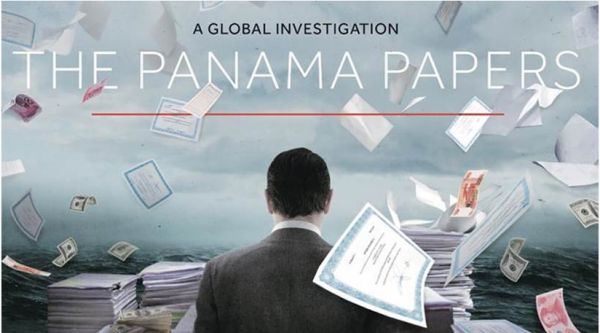…Poor in ICT, infrastructure, education
More facts have emerged on why Nigeria was conspicuously missing in the recent report on ‘Where to invest in Africa’ released by Rand Merchant Bank.
This is stemming from revelations made by the latest ranking by the World Economic Forum (WEF) report emailed to Business Hilights on Thursday from Switzerland.
Executive summary of the WEF ranking indicated that Nigeria has only fared a little better than a few sub-Saharan African countries like Democratic Republic of Congo (126th), Burundi (129th), Sierra Leone (130th), Chad (135th) and Liberia (134th), while several other sub-Saharan African countries like Cameroon (116th), Ghana (111th), Gambia (117th), and Uganda (114th) are better off than Nigeria.
Mauritius and Rwanda at 45th and 58th positions respectively, are ranked higher than South Africa (61st).
Switzerland maintains its number one spot as the most competitive economy in the world. The 10 most competitive world’s economies are Switzerland, US, Singapore, the Netherlands, Germany, Hong Kong, Sweden, the UK, Japan and Finland. China and Russia are ranked 27th and 38th respectively.
A technical analysis of the report showed that the key reason why Nigeria achieved about 0.55 per cent rise in GDP to move an inch away from recession in the second quarter was solely due to rise in global oil price assisted by relative peace in Niger Delta and not growth in the real sector of the economy as claimed by the government.
Otherwise, and just like the Governor of Central bank of Nigeria (CBN) and chairman of the MPC, Mr. Godwin Emefiele, said on Tuesday, the fragility of economic indices cannot allow for any form of tampering with the monetary rates.
Though the WEF report showed that Nigeria moved two steps up in global competitiveness from 127 to 125 out of the 137 economies covered in the survey, the nation’s macroeconomic conditions worsened, dropping 12 steps to 122nd position while inflation remained high at 15.7 per cent.
The report revealed that not much has been achieved in the provision of needed infrastructure to drive the economy since 2012. The dearth of infrastructure also affected ratings in other key sectors of the economy including technological readiness (112th, down seven), higher education (116th), and innovation capacity (112th).
According to WEF, paucity of fund traced to hobbles in oil prices pulled down infrastructure ranking to 132nd, thus subjecting several institutions in Nigeria to appear more fragile to rank 125th, a seven places drop from previous position.
Just as the statistics from the Ministry of Finance have shown that not enough of the 2017 budget funding had been released due to poor earnings, the report put Nigeria’s budget deficit at 4.4 per cent and ranked the country 99th amongst others compared.
WEF averred that “New prudential requirements have strengthened the banking sector’s soundness and the Economic Recovery and Growth Plan (ERGP) for 2017–2020 contains much-needed reforms on transport and power infrastructure, the business environment, and education investment,” but was silent on the way and manner of the plan execution after all.









